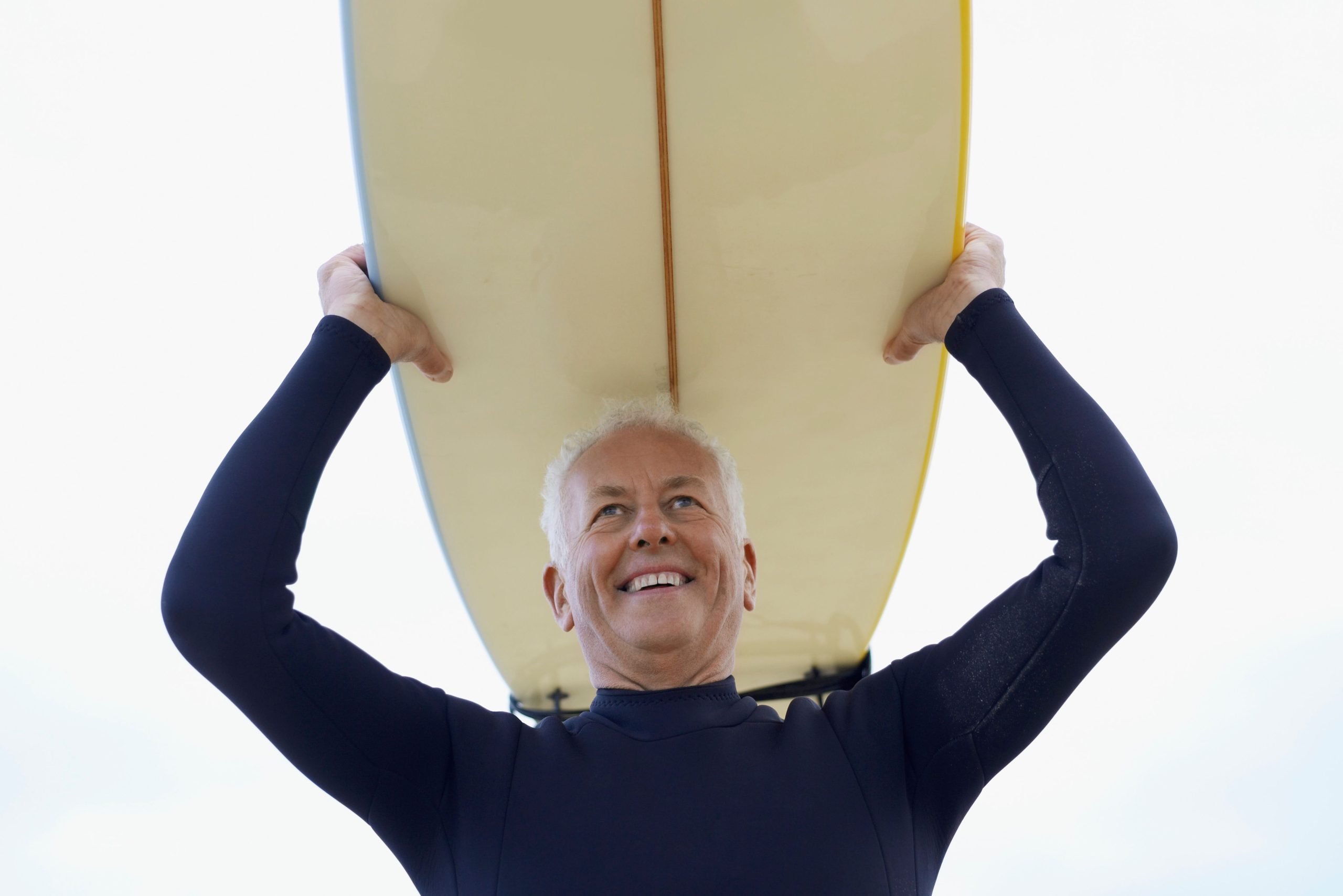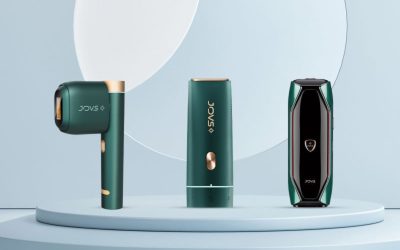Age Based on Biology, Not Birthdate, May Indicate Healthy Longevity

Age Based on Biology, Not Birthdate: Key to Healthy Longevity
Understanding aging is more complex than simply counting birthdays. As a professor at the Herbert Wertheim School of Public Health and Human Longevity Science, I emphasize the importance of distinguishing between chronological age and biological age. While chronological age counts the years since birth, biological age reflects the biological state of your cells, tissues, and organ systems.
Monitoring biological age helps identify biological aging processes, which can indicate health risks and guide strategies for healthy longevity.
Chronological vs. Biological Age: What You Need to Know
If your biological age exceeds your chronological age, this is known as biological age acceleration. Research shows this condition increases the risk of cancer, cardiovascular disease, Parkinson’s disease, and other age-related illnesses.
Maintaining a healthy biological age is essential for living longer, reducing disease risk, and preserving quality of life. Understanding and acting on biological aging is a critical step toward proactive health management.
The Science of Biological Clocks and Longevity
Researchers have developed four biological clocks to track biological aging. Studies reveal that every 5–8 years of biological age acceleration corresponds to 20–32% lower odds of living to 90 with intact mobility and cognitive function.
These findings highlight the importance of biological health in determining not just lifespan, but healthspan—the years lived with physical and cognitive vitality.
Healthspan and the Growing Population of Older Adults
The number of Americans living to 90 and beyond is projected to increase dramatically, from 1.9 million in 2016 to 7.6 million by 2050. Prioritizing healthspan ensures that these extra years are active, mobile, and mentally sharp, not just longer in quantity.
By focusing on biological health, we can optimize both lifespan and quality of life in older age.
Insights from the Women’s Health Initiative
A comprehensive study using Women’s Health Initiative data analyzed 1,813 women aged 70–72, tracking them until at least age 90. Findings showed:
-
464 women reached 90 with intact mobility and cognitive functioning
-
420 reached 90 without intact mobility or cognition
-
929 passed away before age 90
Crucially, biological age acceleration was independently associated with healthy longevity, regardless of other factors such as ethnicity, baseline chronic conditions, education, smoking habits, or walking frequency. This demonstrates that biological aging plays a significant role in determining healthy longevity.
Biological Age: A Predictor of Long Life
Previous research linked biological age acceleration to higher mortality risk. This study is the first to show that slower age acceleration predicts living to 90 with preserved mobility and memory.
Prioritizing your biological health can:
-
Reduce risk of chronic diseases
-
Preserve cognitive function and mobility
-
Increase odds of a long, vibrant life
Dr. Purva Jain, Ph.D., emphasizes that these insights reinforce the importance of biological age over chronological age in shaping strategies for healthy aging.
Practical Strategies to Maintain a Healthy Biological Age
While genetics play a role, lifestyle choices significantly impact biological age:
-
Regular physical activity: Walking, strength training, yoga
-
Balanced nutrition: Whole foods, antioxidants, anti-inflammatory diets
-
Stress management: Meditation, mindfulness, social engagement
-
Avoid harmful behaviors: Smoking cessation, moderating alcohol intake
-
Quality sleep: 7–8 hours nightly to support cellular repair
By integrating these habits, individuals can slow biological aging, increase healthspan, and improve long-term quality of life.
Key Takeaways: Prioritize Biological Health
-
Biological age often matters more than chronological age
-
Biological age acceleration increases risk for age-related diseases
-
Maintaining biological health supports longevity, mobility, and cognitive function
-
Lifestyle interventions can meaningfully influence biological aging
By focusing on biological age, not just birthdays, we can design strategies for healthy longevity and live longer, more vibrant lives.
No Results Found
The page you requested could not be found. Try refining your search, or use the navigation above to locate the post.
JOVS Blacken DPL – Photofacial Rejuvenation
JOVS Blacken DPL Photorejuvenation DeviceAfter using it, 95% of consumers reported that their skin tone, texture, firmness, and tightness improved. Precision narrow spectrum DPL technologyThe wavelength range is 500-650nm, which corresponds to the absorption peak of...
JOVS Blacken DPL – Photofacial Device
JOVS Venus Pro™ II Hair RemoverICE Cooling Head: Made of full-screen ultra-thin sapphire, with a constant temperature of 5°C to assure painless treatments. There are six modes available.6 specific settings for different body parts, each with 6 intensity levels System...
JOVS X™ Skin Care Device for Painless and Hair Removal
JOVS X™ Hair Removal and Skin Care Device6 Power Levels and 3 Cooling Speeds: Simply press on/off to choose the power level that matches your skin and eliminate hair from body parts. Face, body, arms, underarms, legs, bikini line, and so on. The unique 5°C cooling...









